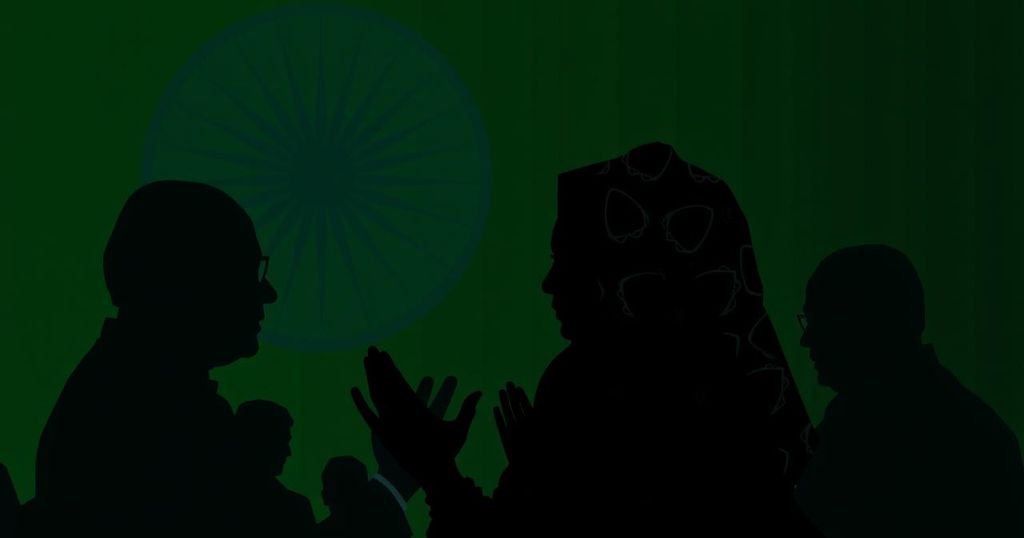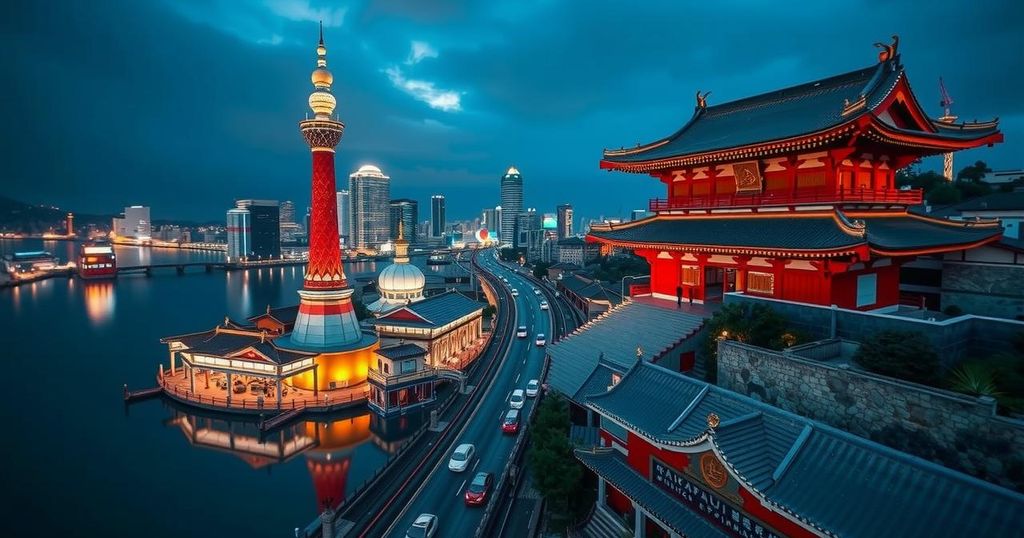India’s Diplomatic Quandary: Reevaluating its Alliance with Bangladesh Amid Political Upheaval
In early August, amid escalating protests and civil unrest in Bangladesh, Prime Minister Sheikh Hasina made a surprising decision to leave the country, hastily boarding a helicopter and traveling to India without informing her ministers. Since her departure, chaos has enveloped Bangladesh, with calls for democracy and widespread condemnation of her administration’s oppressive response to dissent.
The protests, which began as student-led demonstrations, rapidly evolved into a nationwide movement demanding the ousting of Hasina. Her government’s violent crackdown resulted in numerous fatalities and injuries, culminating in her departure on August 5, following a breach of her residence by protestors. This turn of events sparked celebrations throughout Bangladesh, but it alarmed officials in New Delhi, who viewed Hasina’s fall as a significant setback.
India has long considered Sheikh Hasina a vital ally, having previously provided asylum to her family after the assassination of her father, Sheikh Mujibur Rahman, in 1975. Her leadership allowed Bangladesh to serve as an important partner for India, providing a strategic foothold within a region fraught with geopolitical tension, particularly with China. Under Hasina, India enhanced its influence in Bangladesh through extensive economic ties and security cooperation, inadvertently supporting a regime that faced accusations of authoritarianism and electoral malpractice.
Critics argue that India’s approach has been overly reliant on its relationship with one individual and her party, neglecting the broader dynamics of Bangladesh’s political landscape. Shafqat Munir, a senior fellow at the Bangladesh Institute of Peace and Security Studies, emphasized the necessity for India to reassess its stance in light of the recent democratic resurgence led by interim Prime Minister Muhammad Yunus, who has committed to transformative reforms in Bangladesh.
The current political climate in Bangladesh presents challenges, including demands for accountability from Hasina’s administration regarding allegations of human rights violations. Furthermore, calls have intensified within Bangladesh for Hasina’s repatriation from India, where she currently resides. Prominent opposition figures, such as Mirza Fakhrul Islam Alamgir of the Bangladesh Nationalist Party, have urged India to comply with legal requests for her return, highlighting public sentiment in favor of justice for alleged crimes under her rule.
India now faces the repercussions of a foreign policy perceived as myopic, with critics stating that it mismanaged relations by overly investing in Hasina rather than fostering a robust state-to-state relationship. Political scientist Ali Riaz noted that the abrupt political shift in Bangladesh has placed India in an awkward position, grappling with increasing anti-Indian sentiment and allegations of intelligence failures related to Hasina’s regime’s collapse.
In the weeks following Hasina’s departure, India’s response has seemingly prioritized concerns regarding stability and the protection of its Hindu minority, with officials expressing their desire for the restoration of order. However, this approach has drawn criticism from Bangladeshi commentators, who argue that the focus should instead be on reinstating democratic principles, rather than merely stabilizing governance.
In conclusion, India stands at a critical juncture in its diplomatic engagement with Bangladesh. A recalibration of its policy is essential; failure to recognize the changing political landscape may jeopardize India’s relationship with its neighbor and alter the regional power dynamics significantly.








Post Comment